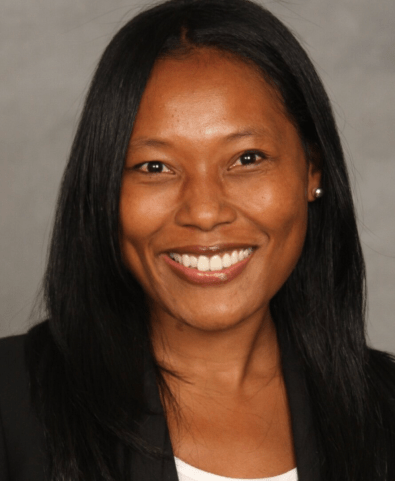Alamo, Georgia, like too many rural towns across America, is in distress. When the hospital closed, the central Georgia town lost around 120 jobs, leaving behind the Wheeler Correctional Facility—Georgia’s largest prison—as the town’s leading employer. Around one third of Alamo’s 3,370 residents live below the poverty line, and there is little evidence that change is on the horizon.
But Sherri Powell, who was born and raised in Alamo, sees a way out. “I am convinced that the only saving grace for our town and many like ours is entrepreneurship at a micro-level and strong social capital to support it,” Powell said last year in an interview with StratLabs.
Her solution? The Rural America Chamber of Commerce, a new organization made up of rural business leaders and entrepreneurs from around the country.

The goals of the Rural Chamber are manifold, but a primary purpose of the organization is to help develop rural economies by supporting rural entrepreneurship. Members have access to services, including trainings from business coaches, mentoring sessions where members can discuss best practices and problem-solve collectively, networking opportunities, and an online sales platform, which will open on March 1. (You can learn more about becoming a member here.)
The Rural Chamber’s commitment to addressing a variety of challenges is reflected in the composition of its 11-person board, which includes a diverse group of entrepreneurs and policy experts with experience in both the public and private sector.
Powell says the Rural Chamber is committed to building partnerships with other organizations that serve rural communities across the country.
More Than Your Typical Chamber of Commerce
But supporting and connecting business owners is only one way in which the Rural Chamber will attempt to serve the needs of rural communities. With so many disparate challenges facing rural America, Powell considers advocating for rural-friendly policy and addressing social issues as equally important to the Rural Chamber’s mission.
“We are digging in, and we are going to attack and focus on and address the social issues facing rural America—it’s going to be a centerpiece of who we are,” Powell said. “I don’t think that we can talk about rural issues honestly and effectively if we just ignore the social piece.”
In addition to setting up its members-based program, the Rural Chamber has identified three advocacy priorities for its first year: closing the digital and broadband gaps, funding rural hospitals, and sparking conversations about racial reconciliation in rural America.
On the surface, these goals appear to have little to do with commerce. But board member Jocelyn Moore explained that these objectives are crucial to supporting both rural entrepreneurs and rural communities as a whole.
“When we think about public policy, whether we’re talking about healthcare or education, that all impacts the rural economy, and certainly job creation in rural areas,” she said during a phone interview. “So I see this all as interrelated.”
Another fundamental problem that the Rural Chamber hopes to address is the mischaracterization of rural America as monolithic and lacking in racial, economic, and cultural diversity. “Many people who don’t live in this part of the country or ever visit here will be quite surprised to discover that long-standing stereotypes about us are completely false,” Powell said in a press release.
The Rural Chamber, which was founded on principles of diversity and inclusion, aims to help correct this misconception. “Our membership will authentically reflect the diverse heritage of rural America and, in so doing, play a vital role in strengthening race relations and mending the dangerous divisions that threaten to unravel our democracy,” Powell said. The Rural Chamber will also be hosting a year-long digital Town Hall series focused on racial reconciliation and combating stereotypes within and about rural America.
Answering Calls for Unity
In his inaugural address, President Joe Biden repeatedly called for unity, and those appeals have been echoed far and wide. Although helping unify the country goes well beyond the goals of a traditional chamber of commerce, Powell and her board see it as an integral part of the Rural Chamber’s work.
Rameet Kohli, an entrepreneur who serves on the board of the Rural Chamber, believes that closing the economic gap between rural and urban communities is necessary to reduce the cultural and political divisions that separate Americans. “I personally think that the idea of unity has to continue to be hammered home,” he said during a phone interview. “But I also think it has to be tied to actual, concrete action.”
When rural people and communities are left behind, he said, it sews division. But by helping to level the playing field, the Rural Chamber and similar organizations can help communities, and by extension, the country, heal in new and innovative ways.
“There’s no greater calling than being a part of the reconciliation that has to happen in our country and being a part of the conversation that helps us move forward,” board member Moore said. “There’s more that unites us than divides us. I truly believe that. And I know the Rural Chamber of Commerce will demonstrate that.”




